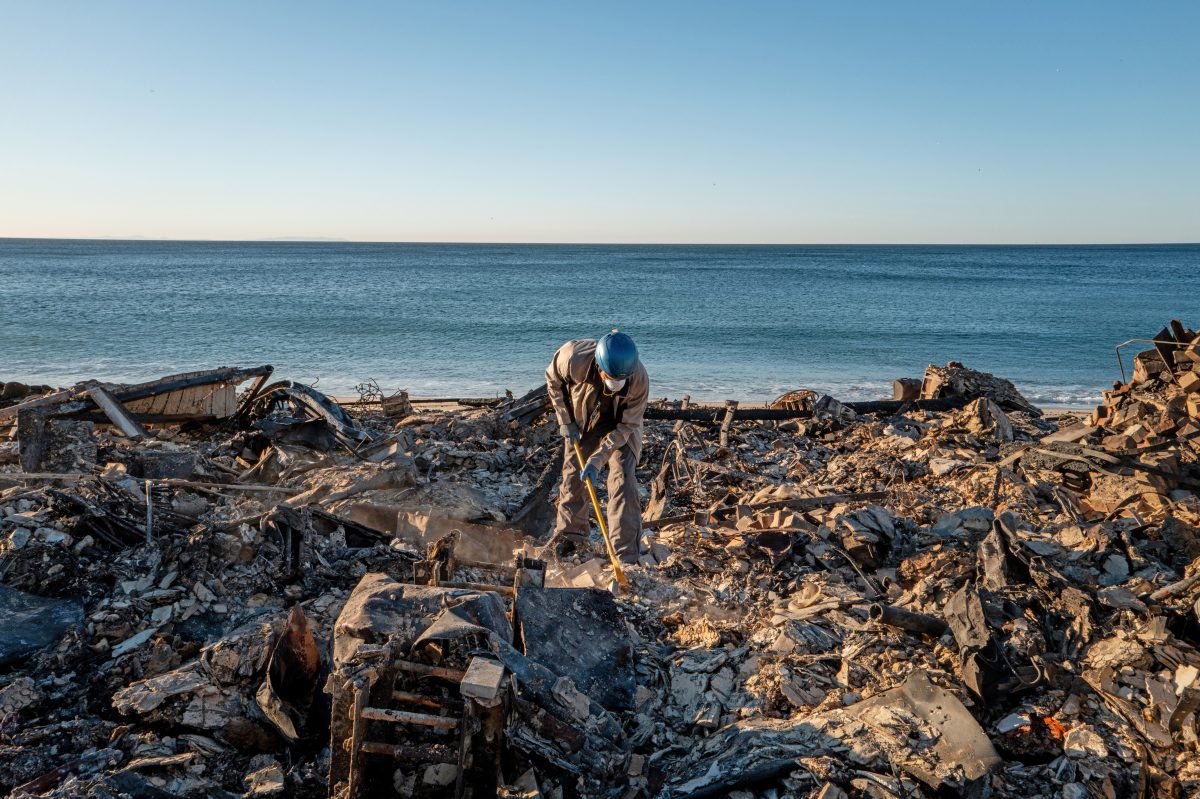A joint City Council committee today backed a sidewalk repair plan that calls for the city to cover the cost of the first repair, then return the responsibility for future fixes back to the property owner.
Property owners are technically responsible for the condition of sidewalks under state law, according to city officials. But about 40 years ago, the city decided to take over the repairs of sidewalks damaged by tree roots.
After federal funding dried up for the projects, the city was left with a growing backlog of repairs it could not afford.
Under the "fix-and-release" strategy advanced today, the city would repeal the law that made the city responsible for the repairs, while also committing to performing one-time repairs on broken sidewalks next to both residential and commercial properties.
Residential property owners would also have a 20-year warranty in case the sidewalk is later damaged through no fault of their own and needs to be fixed. Commercial property owners would have a shorter, five-year guarantee.
The proposal supported today comes as the city is preparing next year's budget, including the first allocation of funds the city agreed to spend as part of a legal settlement.
The city last year agreed to settle a lawsuit brought by disability advocates through spending an average of about $31 million each year for the next three decades on repairing sidewalks and making public walkways more accessible.
News
Top news of the day
Under the proposal, the repair projects would be scheduled according to priorities set forth in the lawsuit. Sidewalks next to government facilities, transportation corridors and medical buildings are among the top priorities, but other factors could also influence when repairs are scheduled.
Property owners that want their sidewalks to be repaired sooner could also petition City Council offices to expedite their projects, especially if they are hard to access for people who are disabled. Others can also move their projects up in the queue by paying for about half of the average repair cost under a rebate program planned for the first three years.
Councilman Paul Krekorian said the plan supported today is an "important step, but it's not the final step" toward fixing the city's many broken and buckled sidewalks.
The plan will serve as a framework for moving forward, but issues still need to be worked out, such as where to cap the city's repair costs, Krekorian said. The city would be able to pay for the entire expense of the average repair, but some jobs might be more complicated and therefore costlier.
The Budget and Finance Committee and the Public Works and Gang Reduction Committee, co-chaired by Krekorian and Councilman Joe Buscaino, met jointly and approved the proposal to be put before the full City Council for further discussion.



